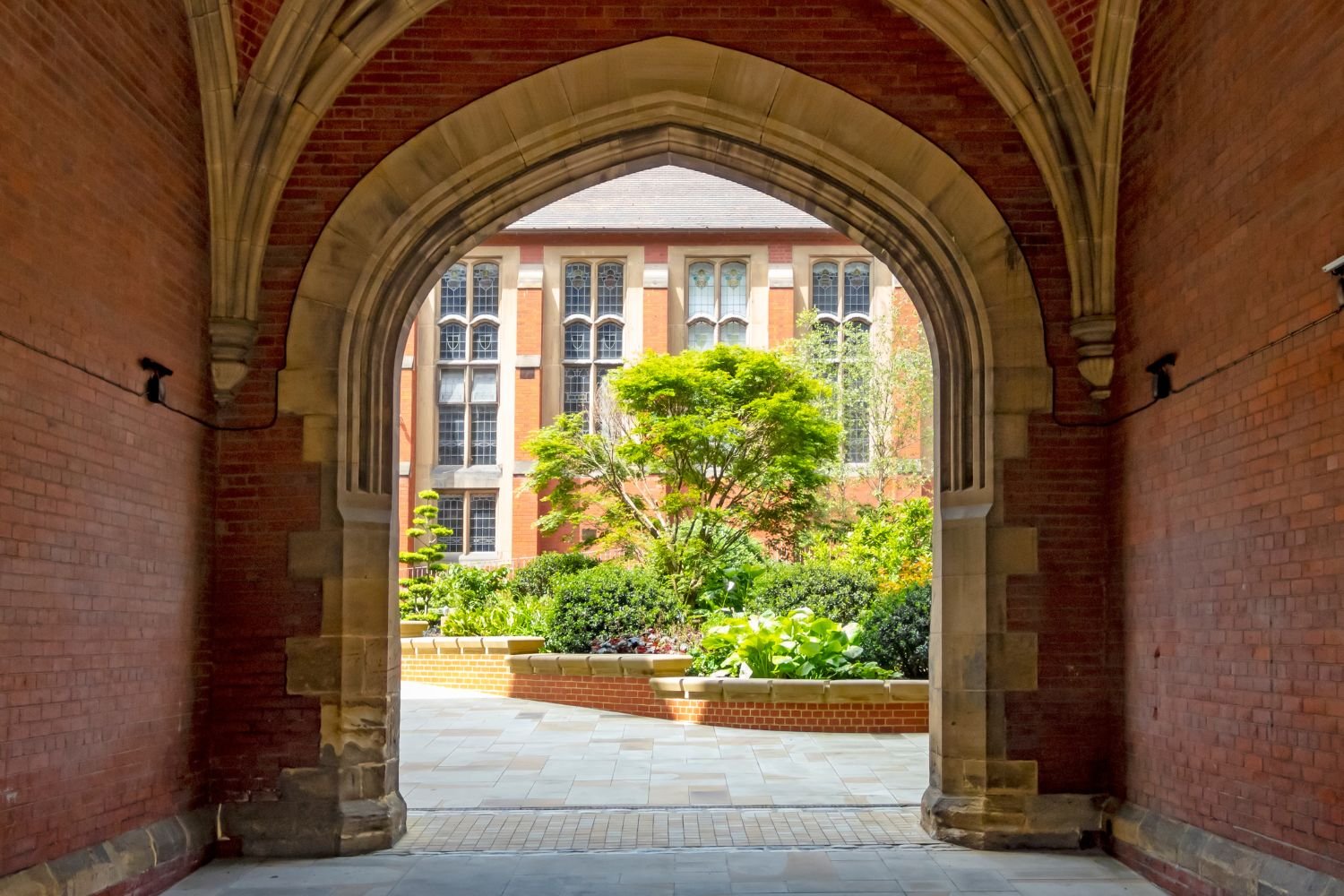We need to talk about The Russell Group
Have you heard of the Russell Group? If you’re just at the start of your decision-making journey, you might not have. But rest assured, as you start to investigate your university options, it’s going to crop up!
The Russell Group, you see, is a group of 24 universities regarded by many as being the top universities; the most prestigious universities; the universities that the best students should be applying to.
They formed in 1994 as a group of 17 research intensive universities after a handful of informal meetings at the Russell Hotel in Russell Square. They now have a membership of 24, including Oxford, Cambridge, Imperial, Manchester, Southampton and Liverpool, amongst others**.
In my time working with hundreds of schools I have seen how proud they are to have sent students to Russell Group universities, whether through boasts on their websites and school brochures, listings of student destinations on posters and notice boards, or in presentations made on parents’ evenings.
Many Boards of Governors will even set targets for entry to Russell Group universities, considering them to be the best destinations for their students.
In on-line discussions on teacher and adviser groups, Russell Group membership is frequently used as shorthand for ‘competitive’.
And at a fair at one famous public school I visited, they even put the Russell Group universities in a row at the front of the room, with other universities behind.
The press don’t help with their continued use of the term Russell Group to describe the so called ‘top’ universities.
Russell Group membership is seen by many, to equate to the prestigious, high quality, elite universities. It’s a bit like in the US, the Ivy League is taken to mean quality by those who don’t know any better.
And just like the Ivy League myth, it is nonsense for several reasons.
The Russell Group doesn’t claim to be the ‘top’ universities
Firstly, the Russell Group makes no claims to be the ‘top’ universities themselves. Rather they describe themselves as an organisation who represent a group of 24 research intensive, world-class universities in the UK. They provide “...strategy, policy development, intelligence, communications and advocacy…” for their members. And of course, by forming a group they can have more influence over government education policy, funding etc.
But they make no claim to be the ‘best’ or the ‘top’ universities in any exclusive way.
And they are not the ‘top’, by any sensible measure
And it’s just as well they don’t claim to be ‘top’, because while the Russell Group universities are undoubtedly all reputable universities, and most would probably count as prestigious, they are by no means the only ones with such claims.
Just take the University of St Andrews, one of the very oldest institutions in the country, and undoubtedly one of the most prestigious. It is the #1 ranked university in the Times/Sunday Times Good University Guide and the Guardian university ranking. But it’s not in the Russell Group.
In league table rankings, whether you look at teaching quality, research quality, income, size… whatever you look at, there isn’t a single measure by which all the Russell Group universities outrank all the others.
Overall, we see universities like St Andrews, Loughborough and Bath (all not Russell Group), consistently outrank the majority of Russell Group universities, sometimes by as many as 40 places. These three all appear in the Top 10 of the Complete University Guide, the Times/Sunday Times and the Guardian university rankings. Simple arithmetic will tell you that the majority of the Russell group don’t. And there are plenty more institutions, such as Leicester, Surrey and UEA who have plenty of credentials that would match the majority of Russell Group.
And what about elite, specialist education?
Thirdly, the Russell Group does not contain any of the most elite specialist colleges: The University of the Arts London, The Royal College of Music, London Business School to name but three institutions who have every bit the history, reputation and prestige of any Russell Group member. And of course there are plenty of conservatoires and art schools outside London with similar histories and reputations. If it’s elite specialist education you are looking for, you will certainly find it in spades outside of the Russell Group.
And of course, what really matters…
Finally, and most importantly, a Russell Group university may simply not be the best or the right place for you, as you make your choices for your future studies. To suggest they are necessarily the most valuable or prestigious choice for you to make is at best misleading and unhelpful, and at worst, insulting to you.
So, by all means, choose to go to a Russell Group university. I studied at one (Edinburgh) and worked in a pretty senior role at another (Imperial College), and both are amazing universities!
But choose it for the right reason; choose it because it is the right university for you, and not because of some intangible prestige that it allegedly has.
And don’t rule out other amazing, top-quality choices, just because they are not a member of this particular club.
In conclusion, the sooner we stop regarding the Russell Group as the definitive ‘best’ universities, the better.
* Interestingly, Leicester declined the opportunity to be a founding member, as the then Vice-Chancellor, Ken Edwards, felt there could be a conflict of interest with his role as President of the Committee of Vice-Chancellors and Principals (the forerunner of Universities UK).
** The Russell Group membership as of 2024 is: University of Birmingham, University of Bristol, University of Cambridge, Cardiff University, Durham University, University of Edinburgh, University of Exeter, University of Glasgow, Imperial College London, King’s College London, University of Leeds, University of Liverpool, London School of Economics and Political Science, University of Manchester, Newcastle University, University of Nottingham, University of Oxford, Queen Mary University of London, Queen’s University Belfast, University of Sheffield, University of Southampton, University College London, University of Warwick, and University of York.






